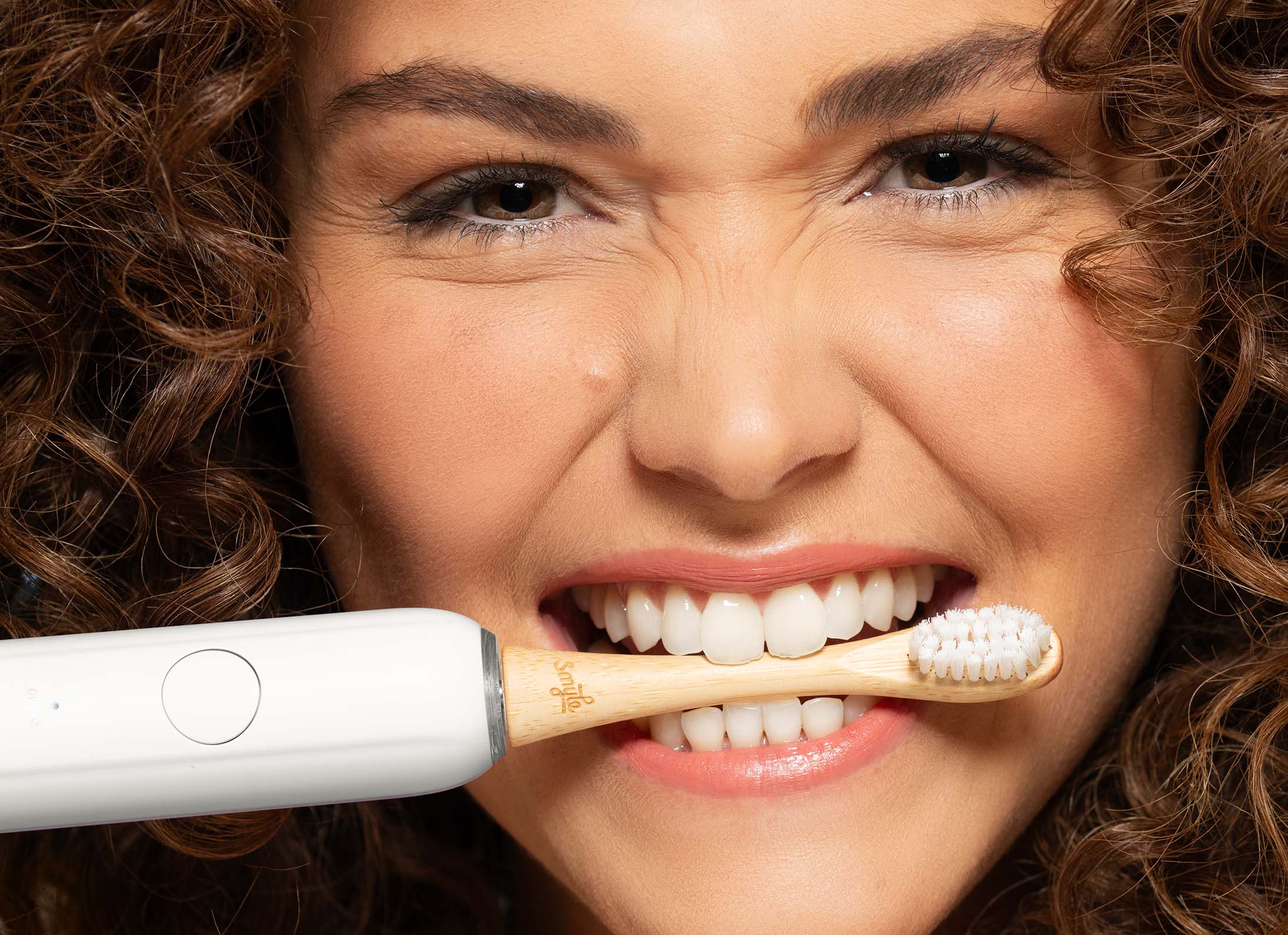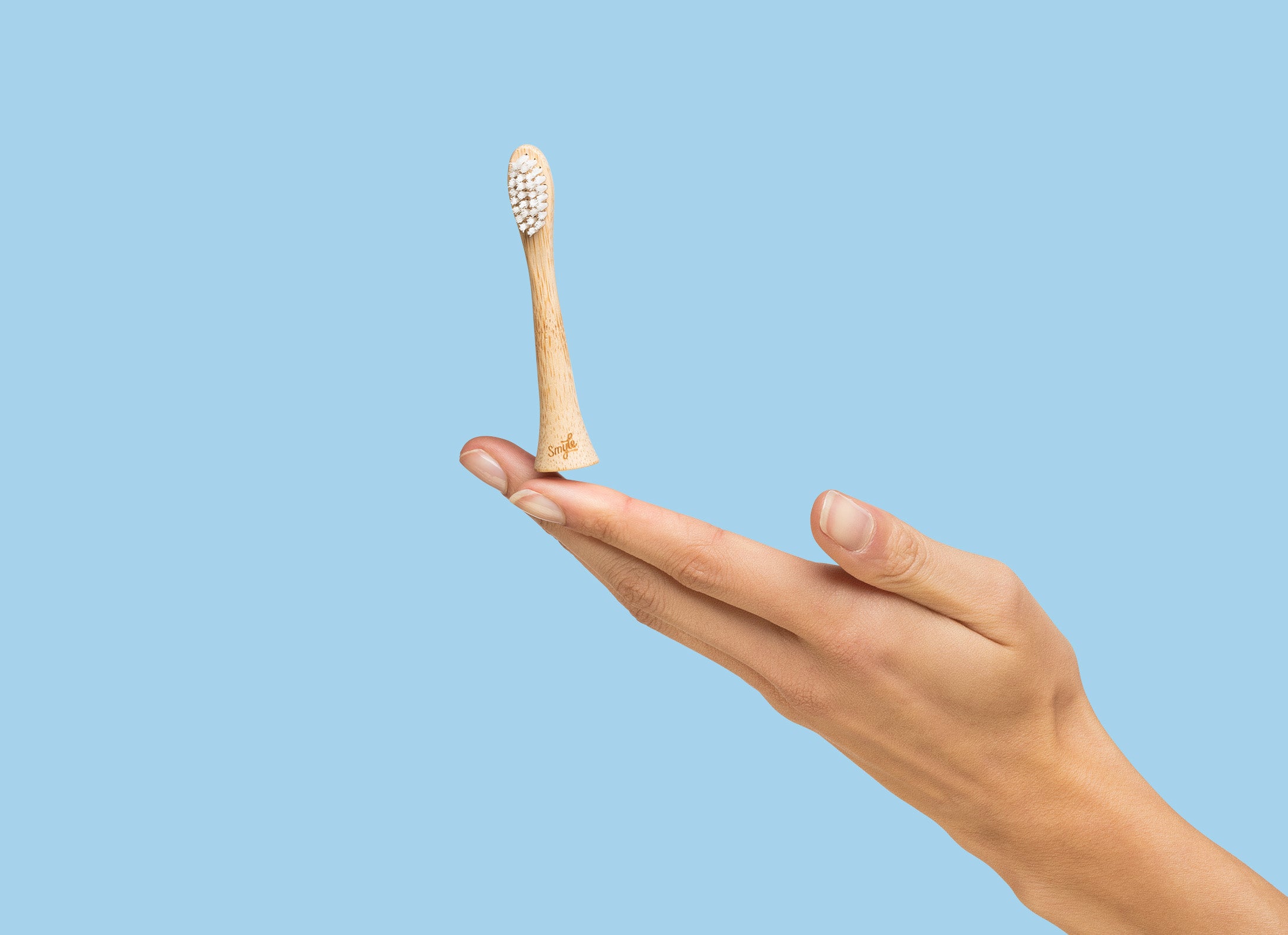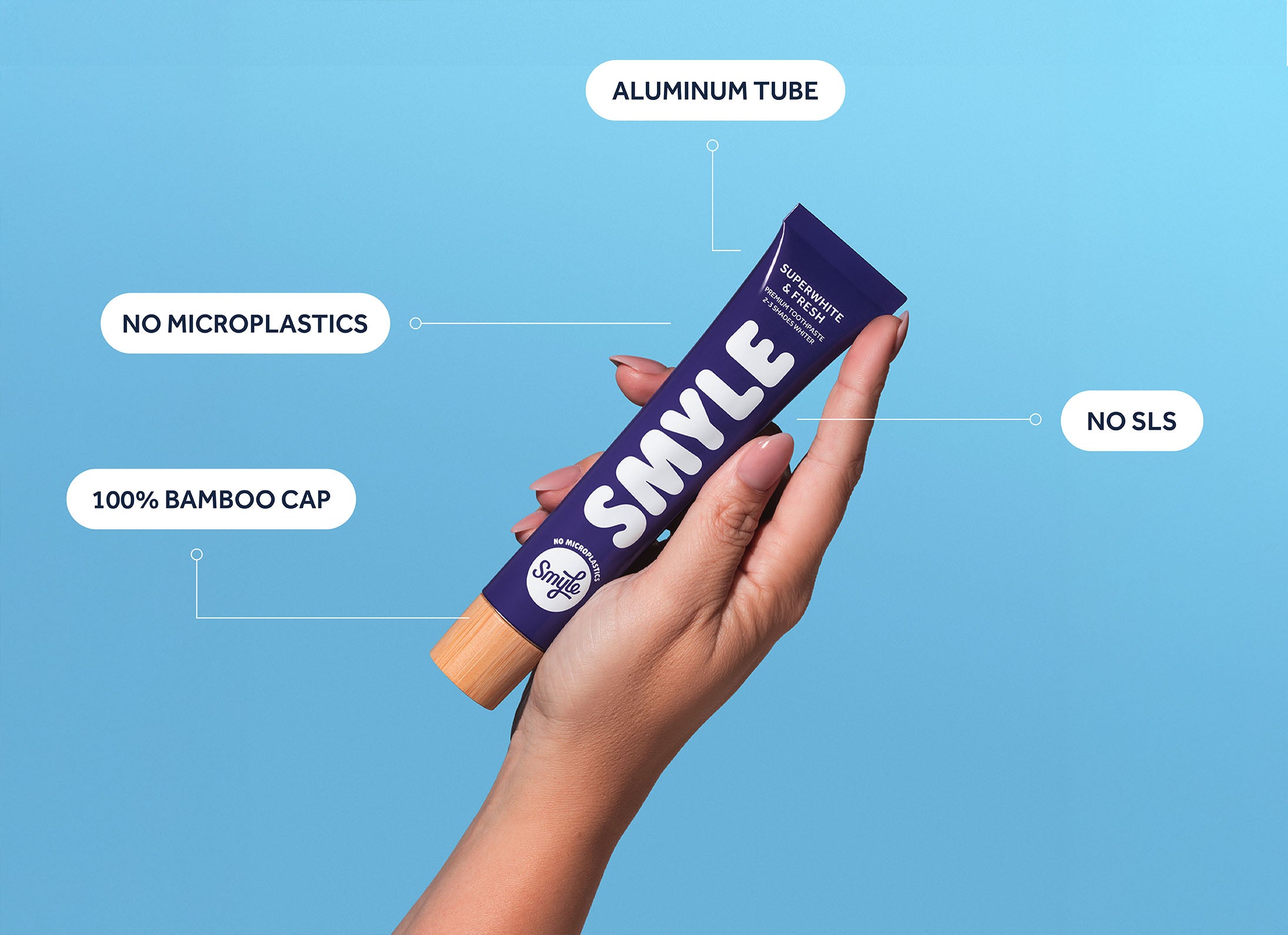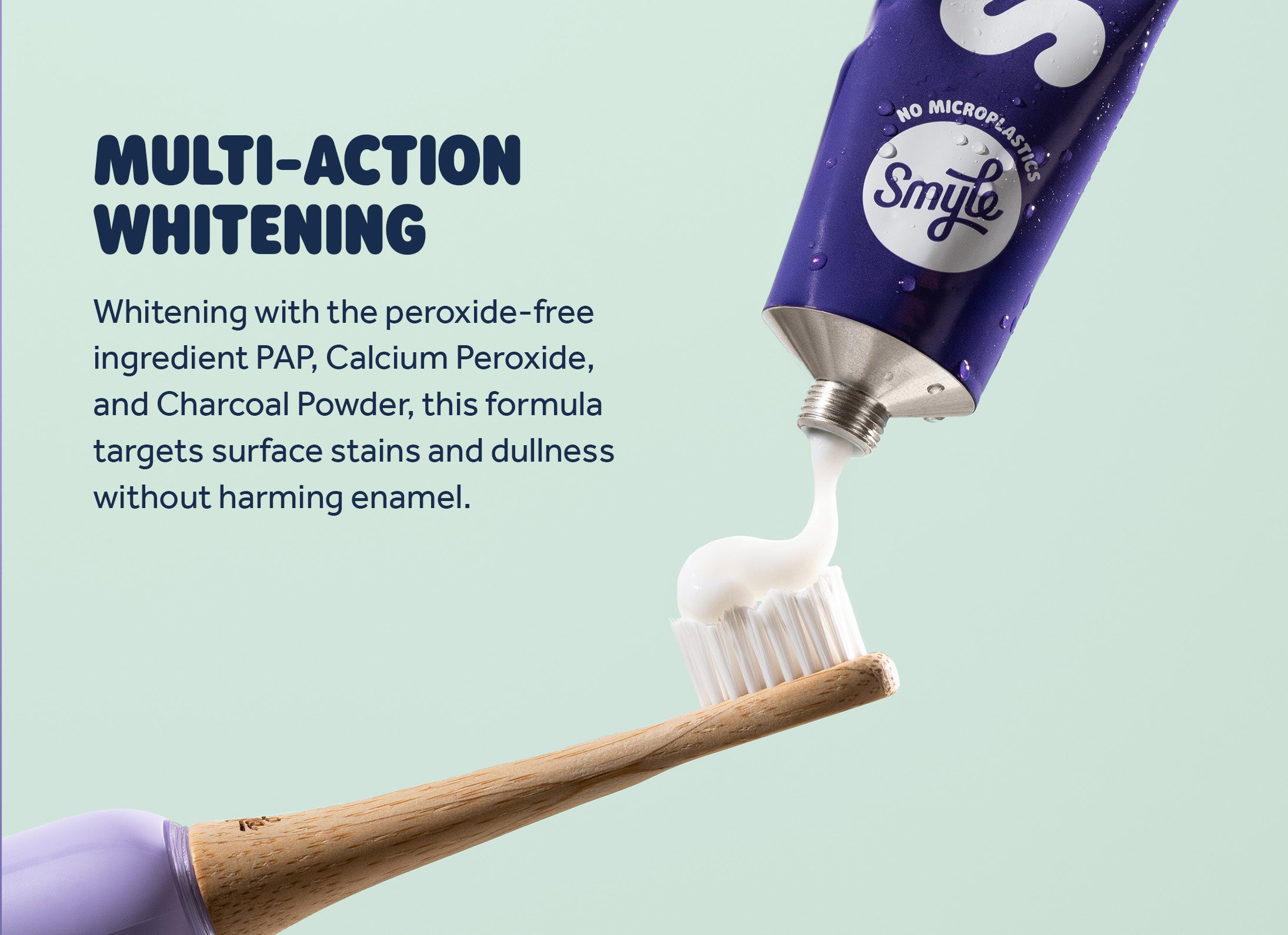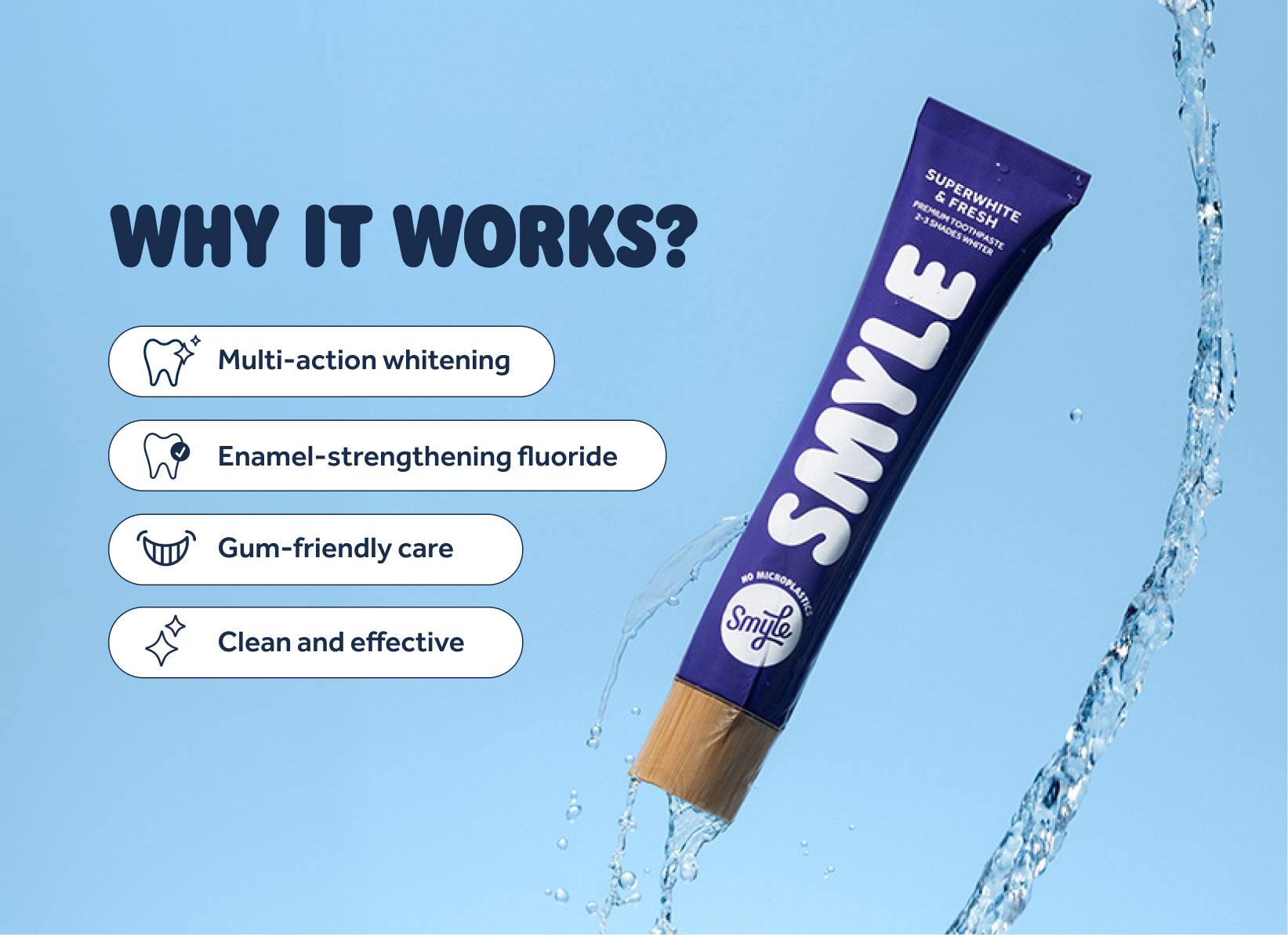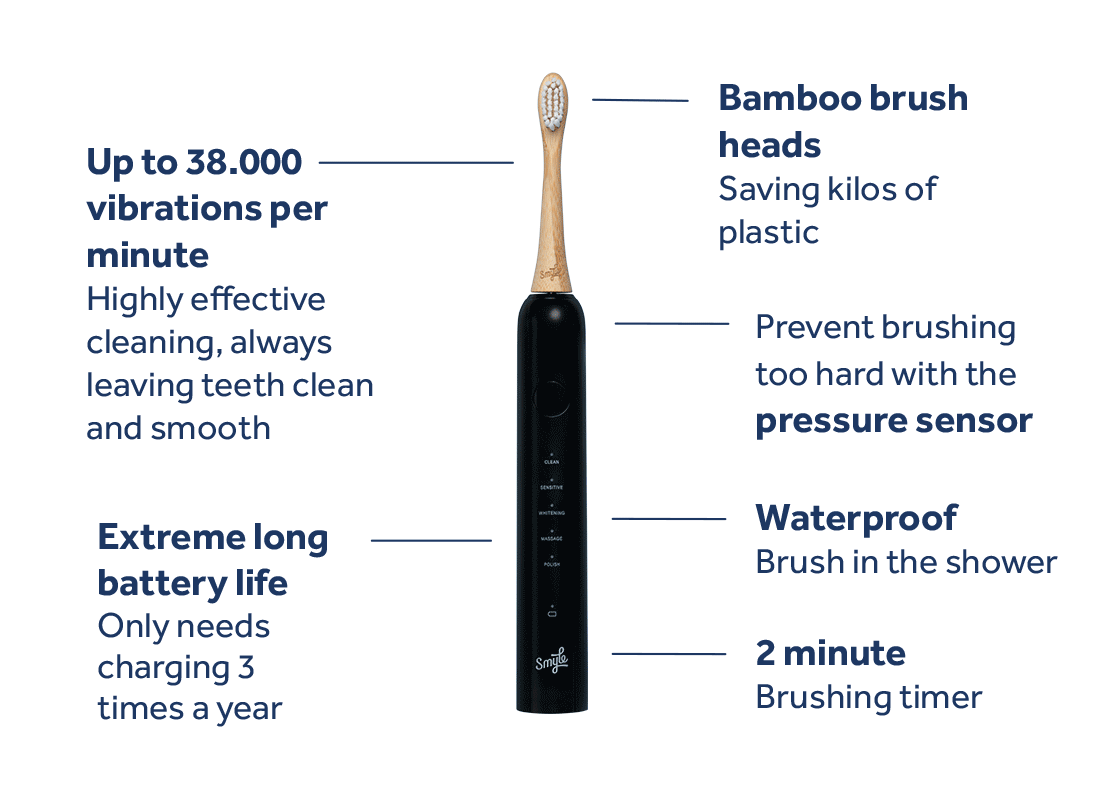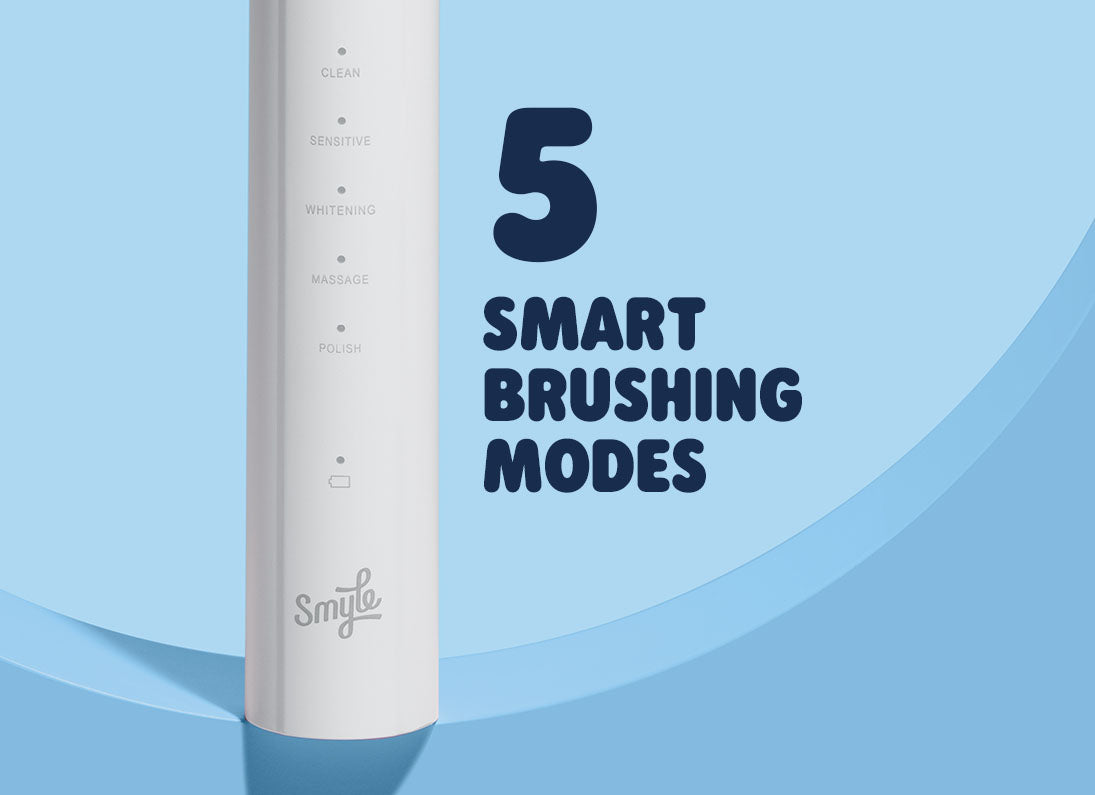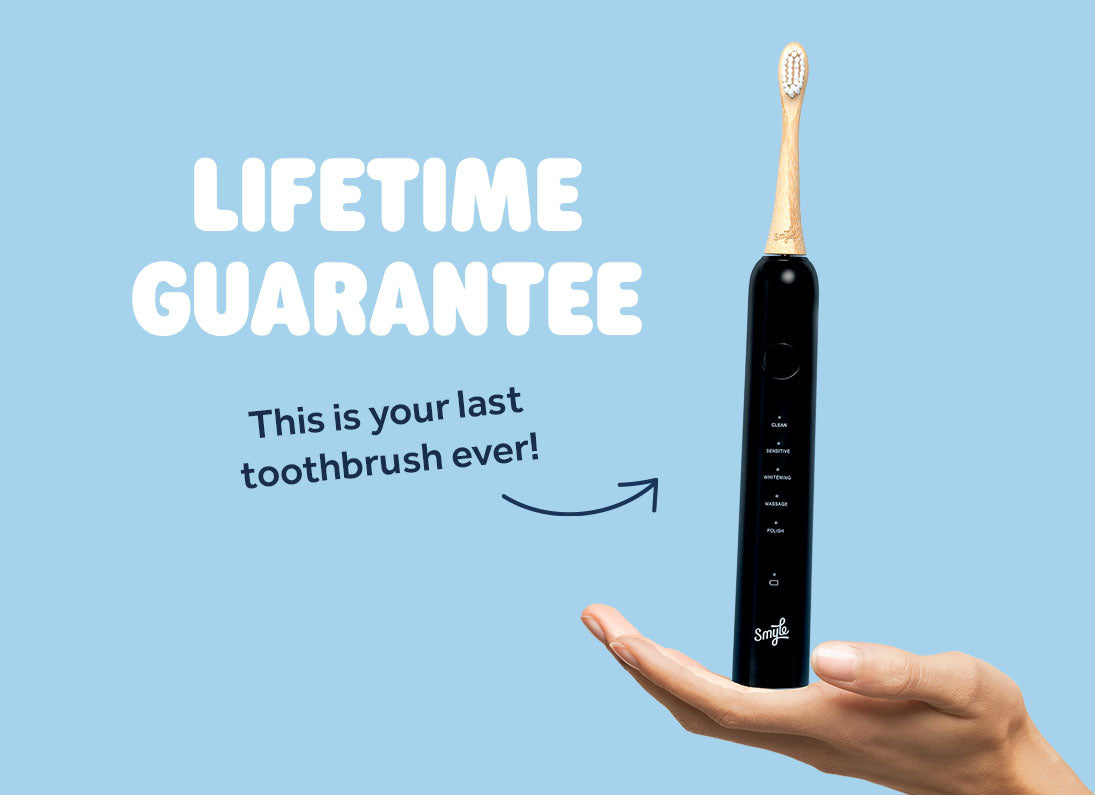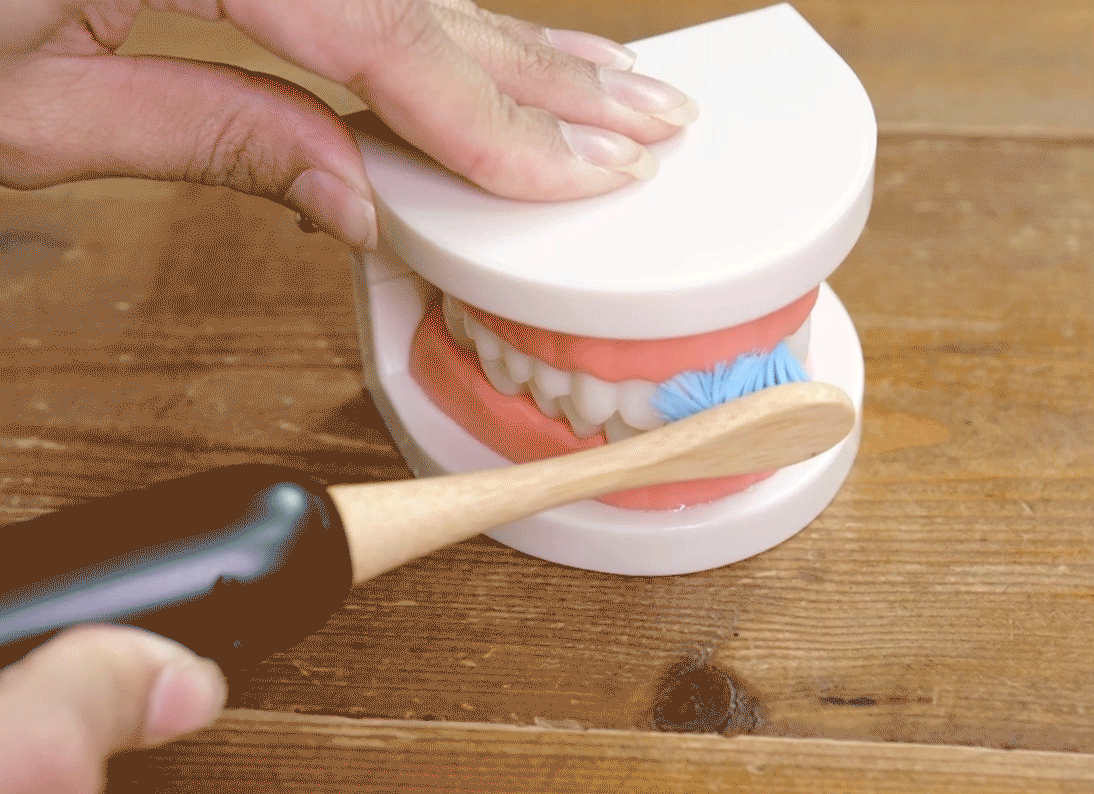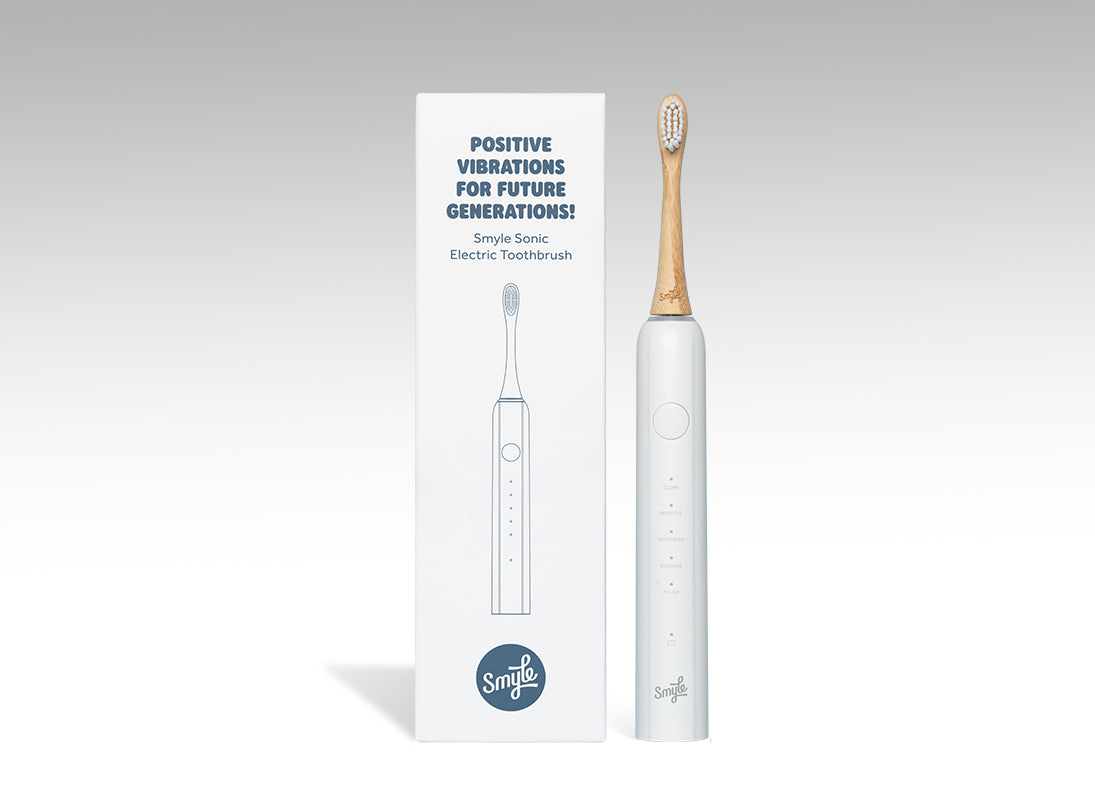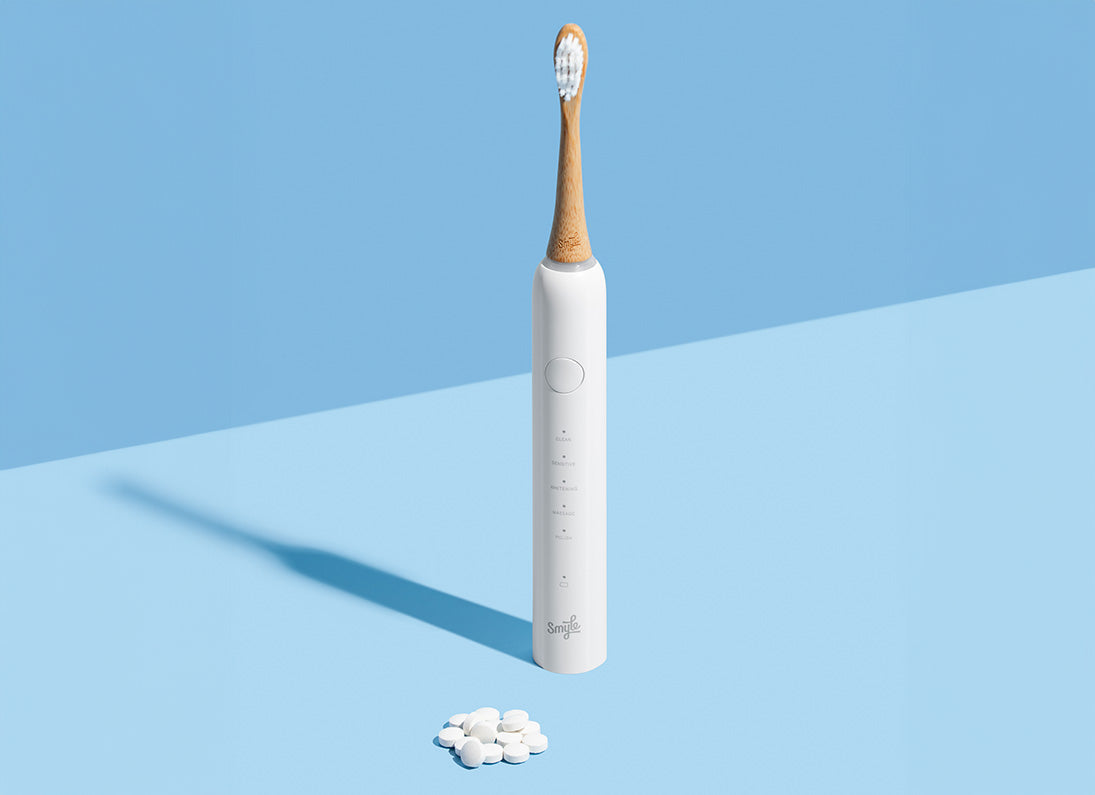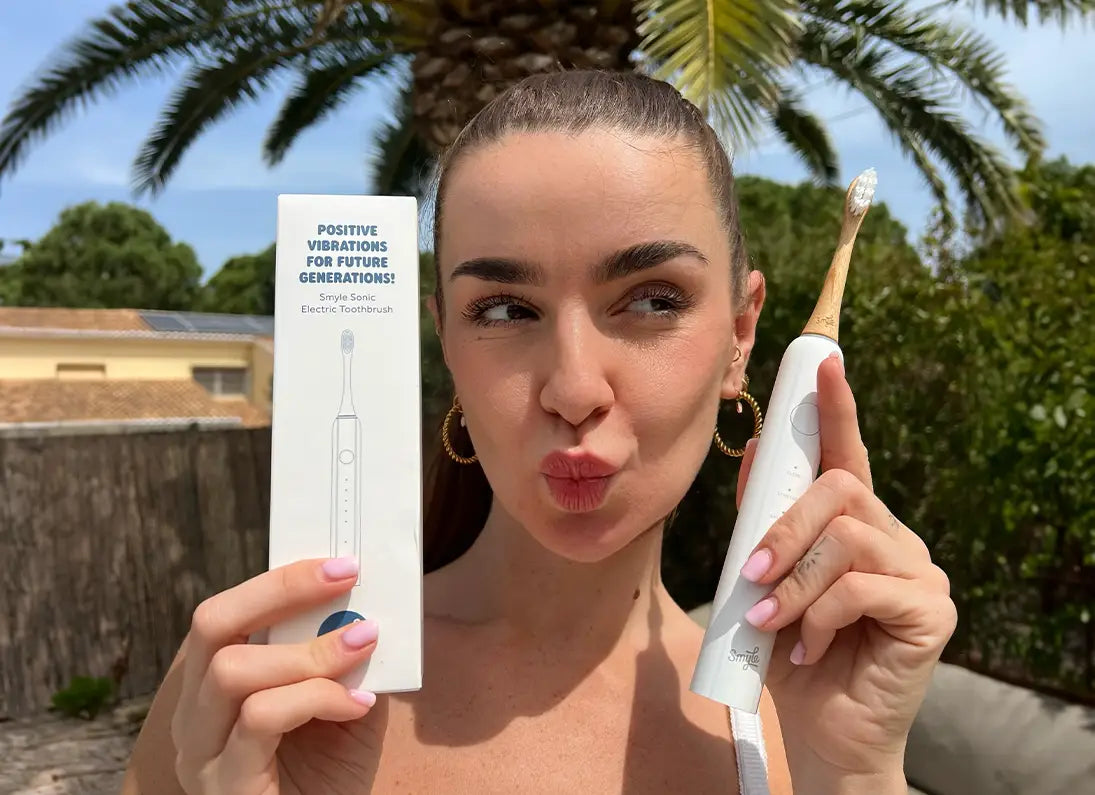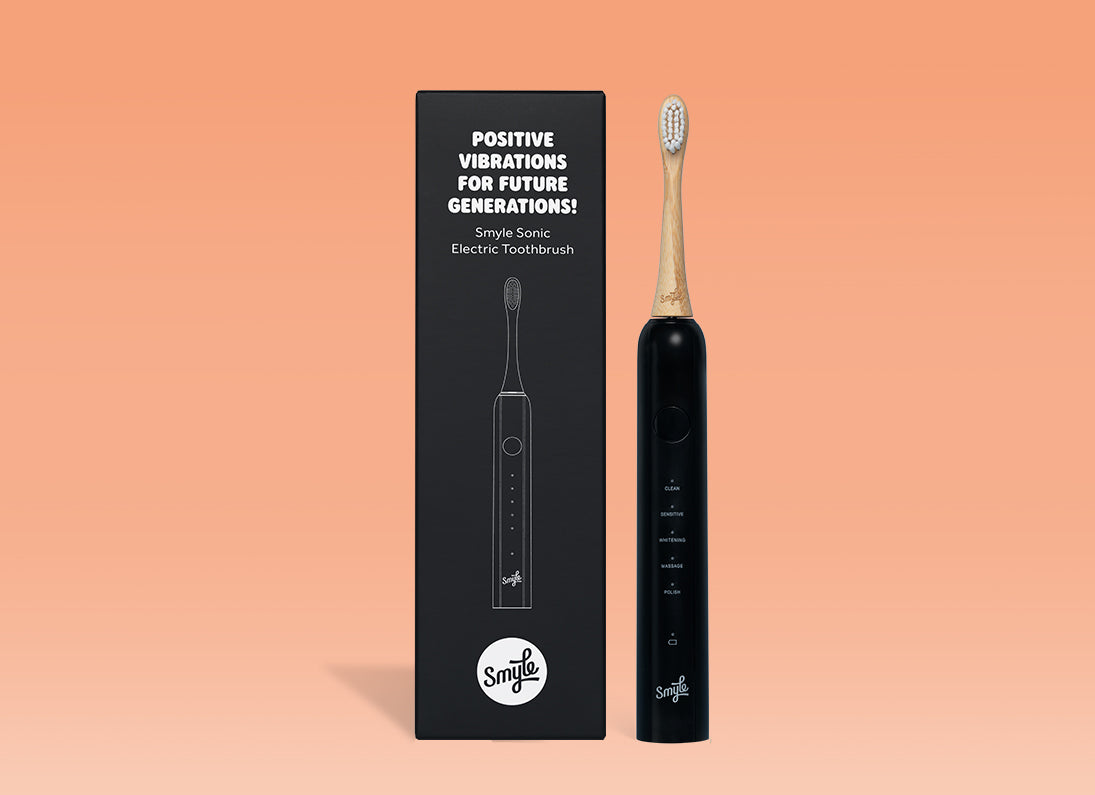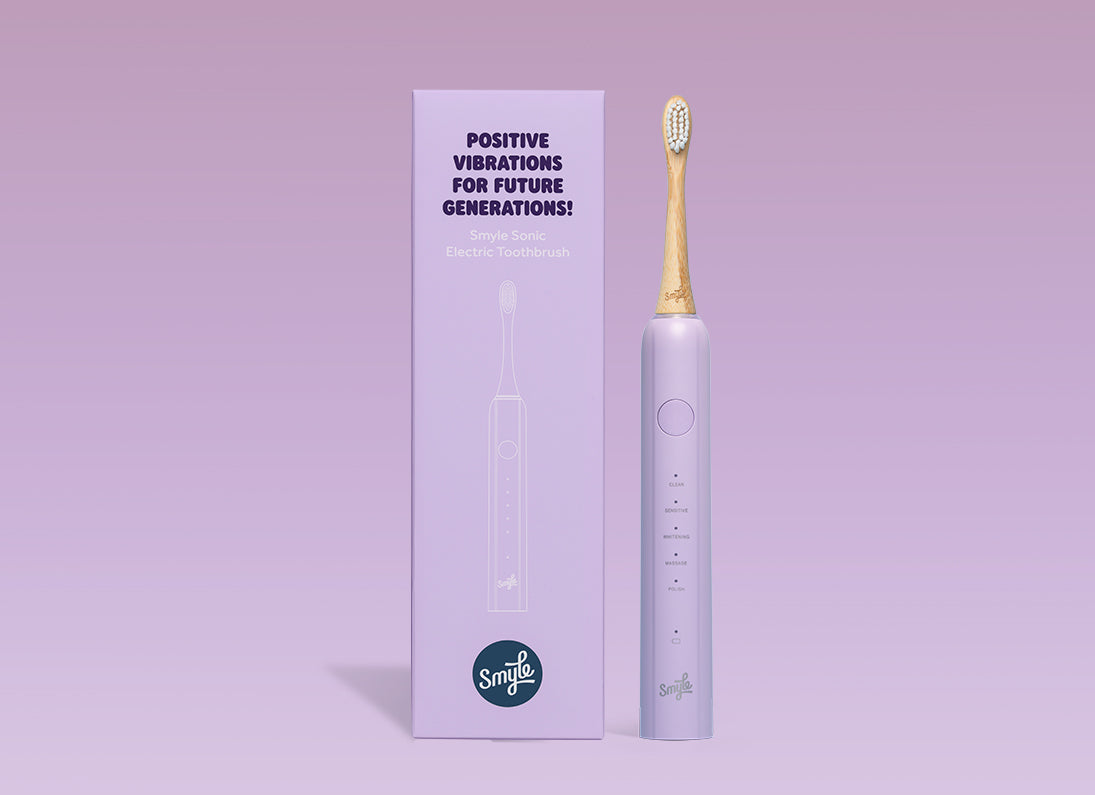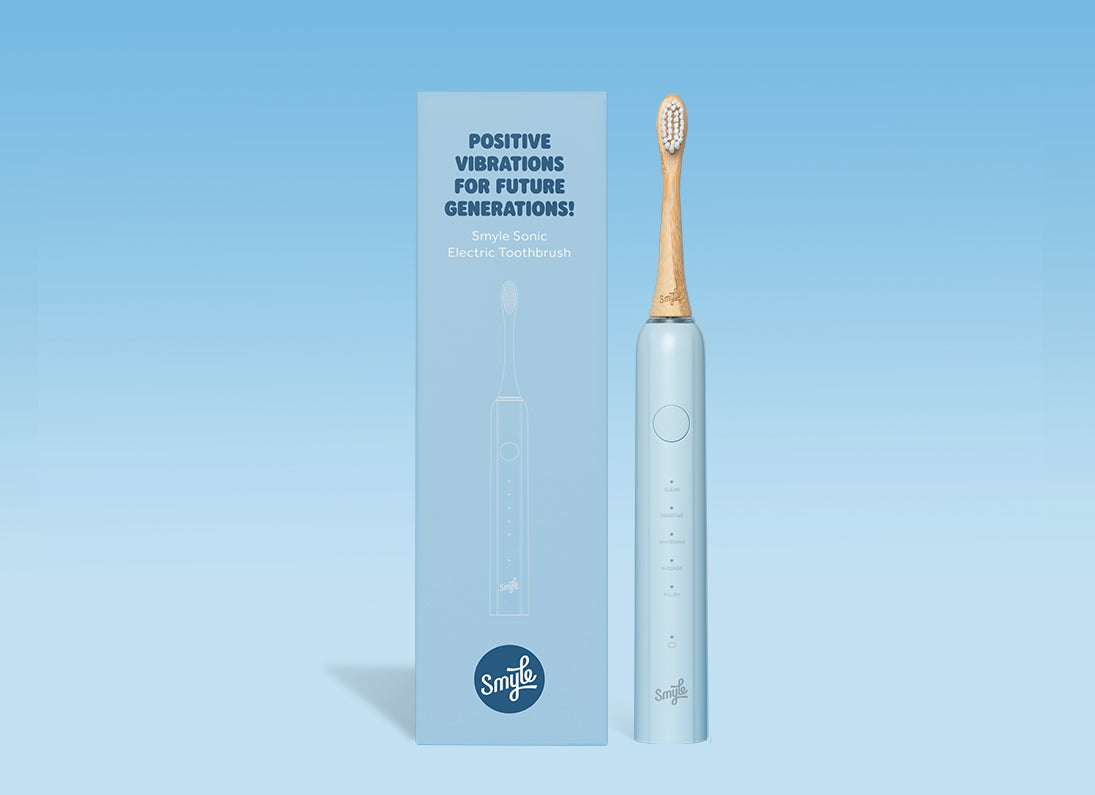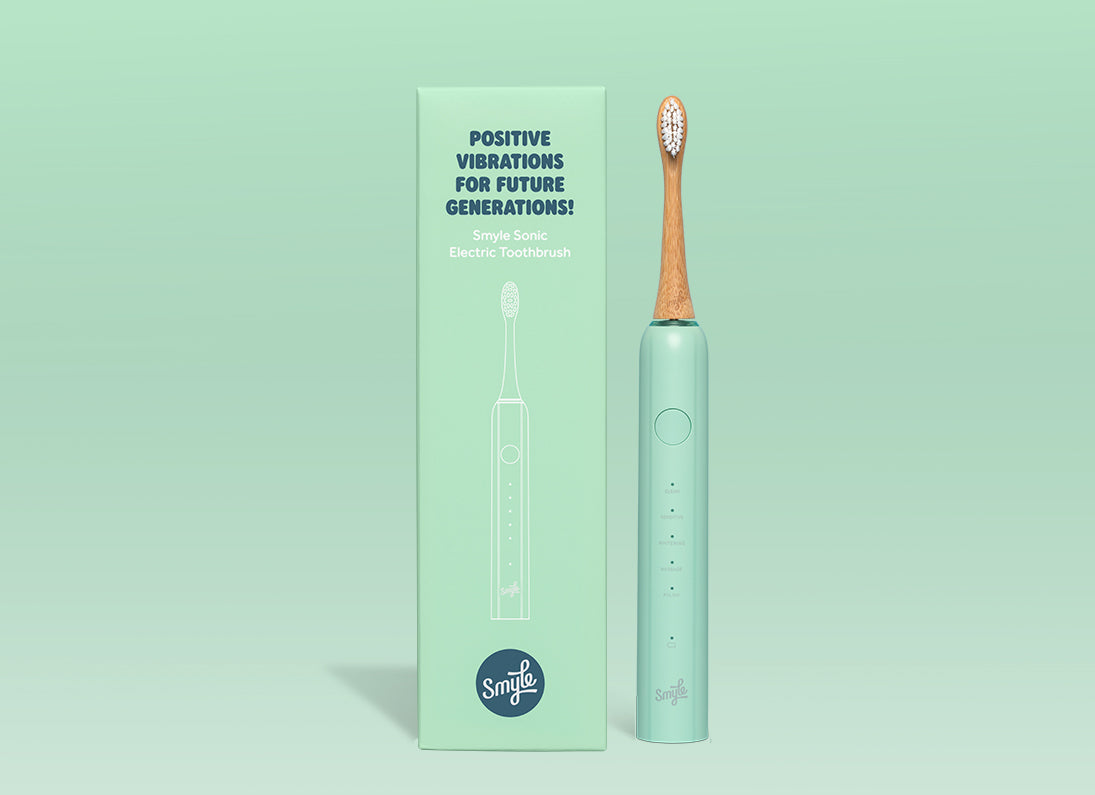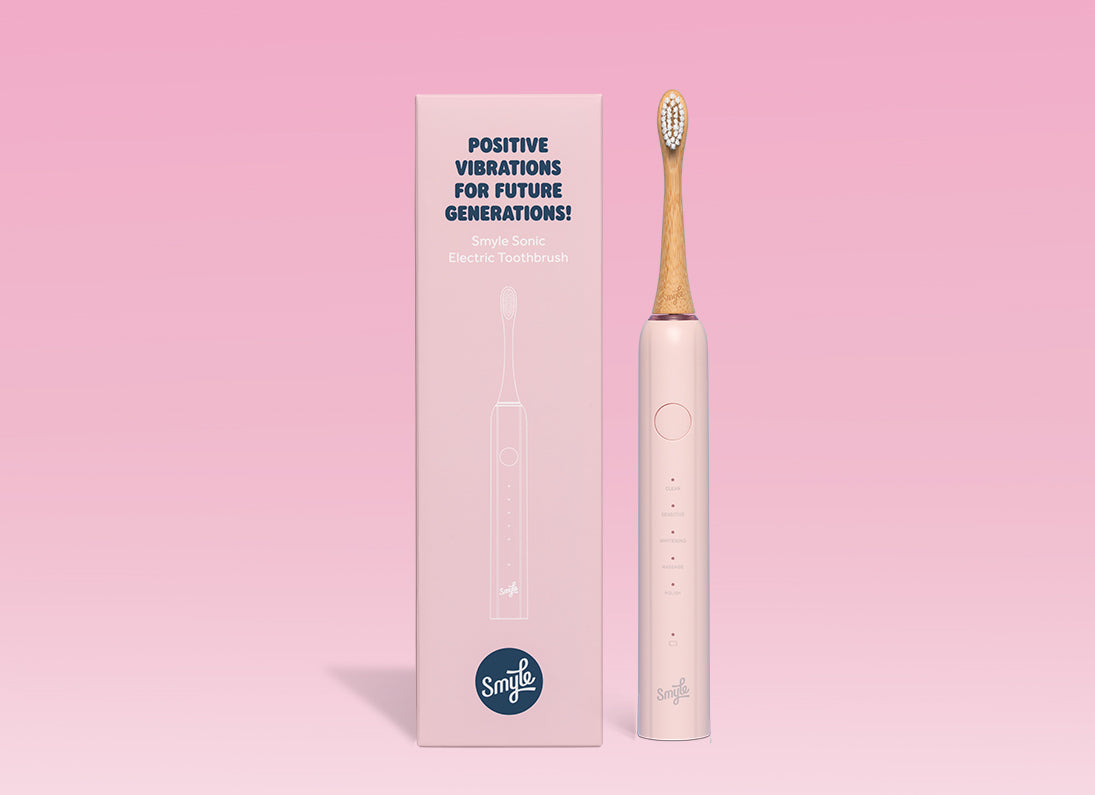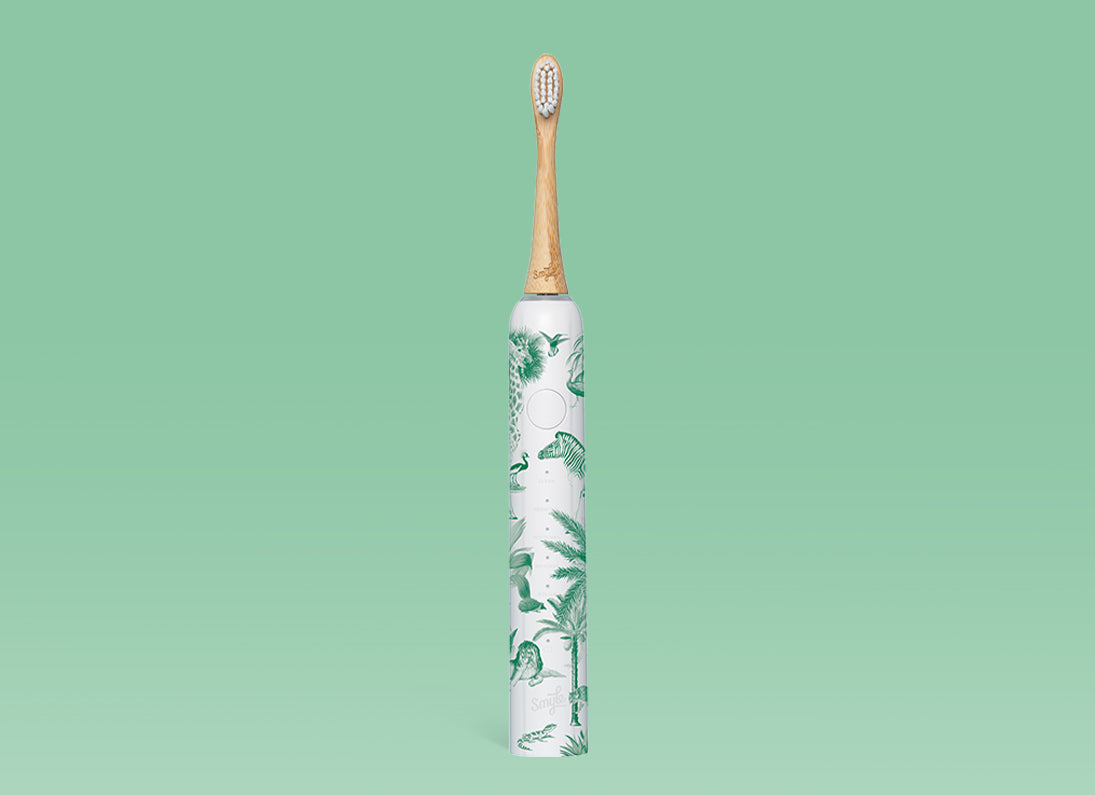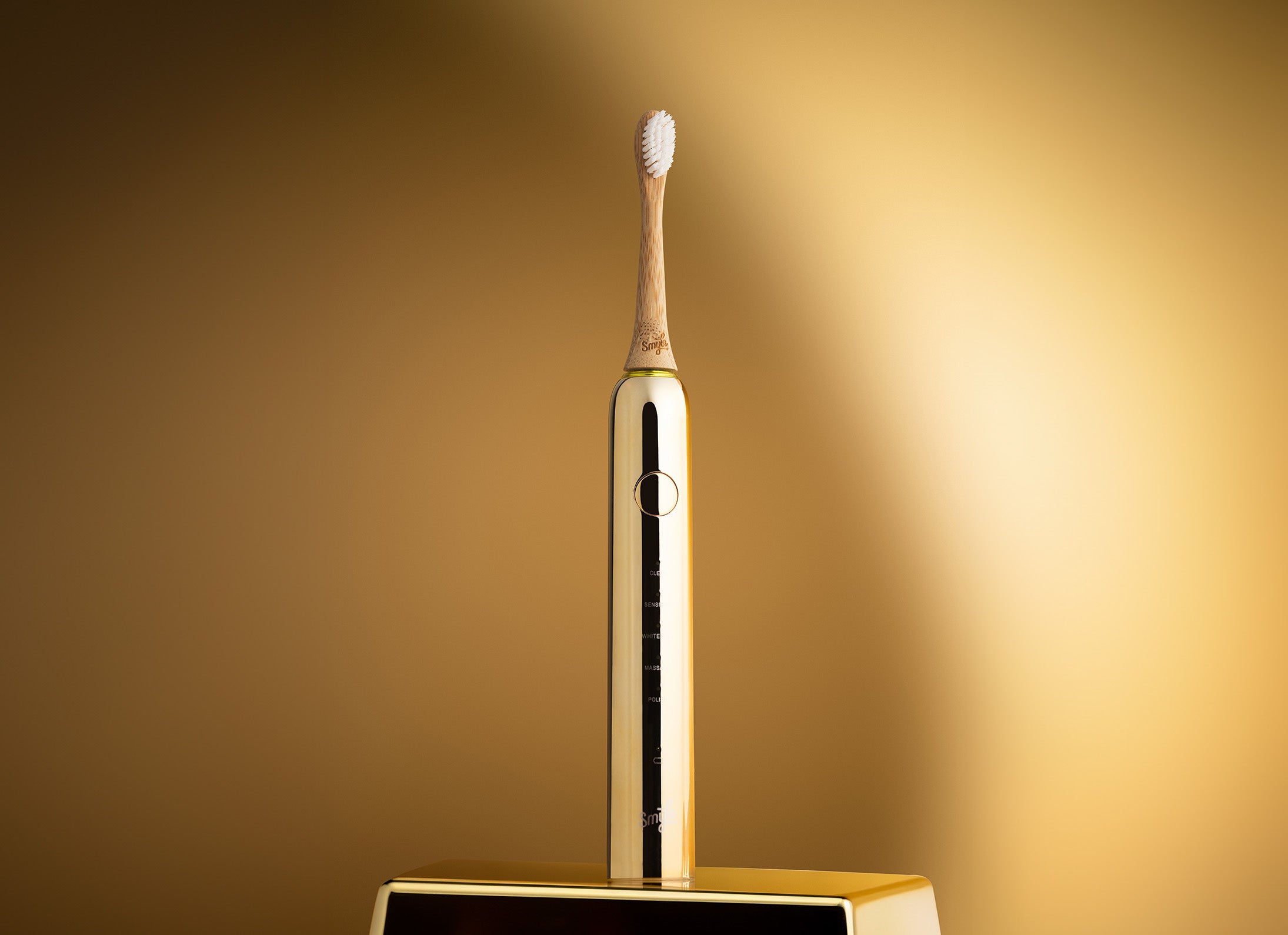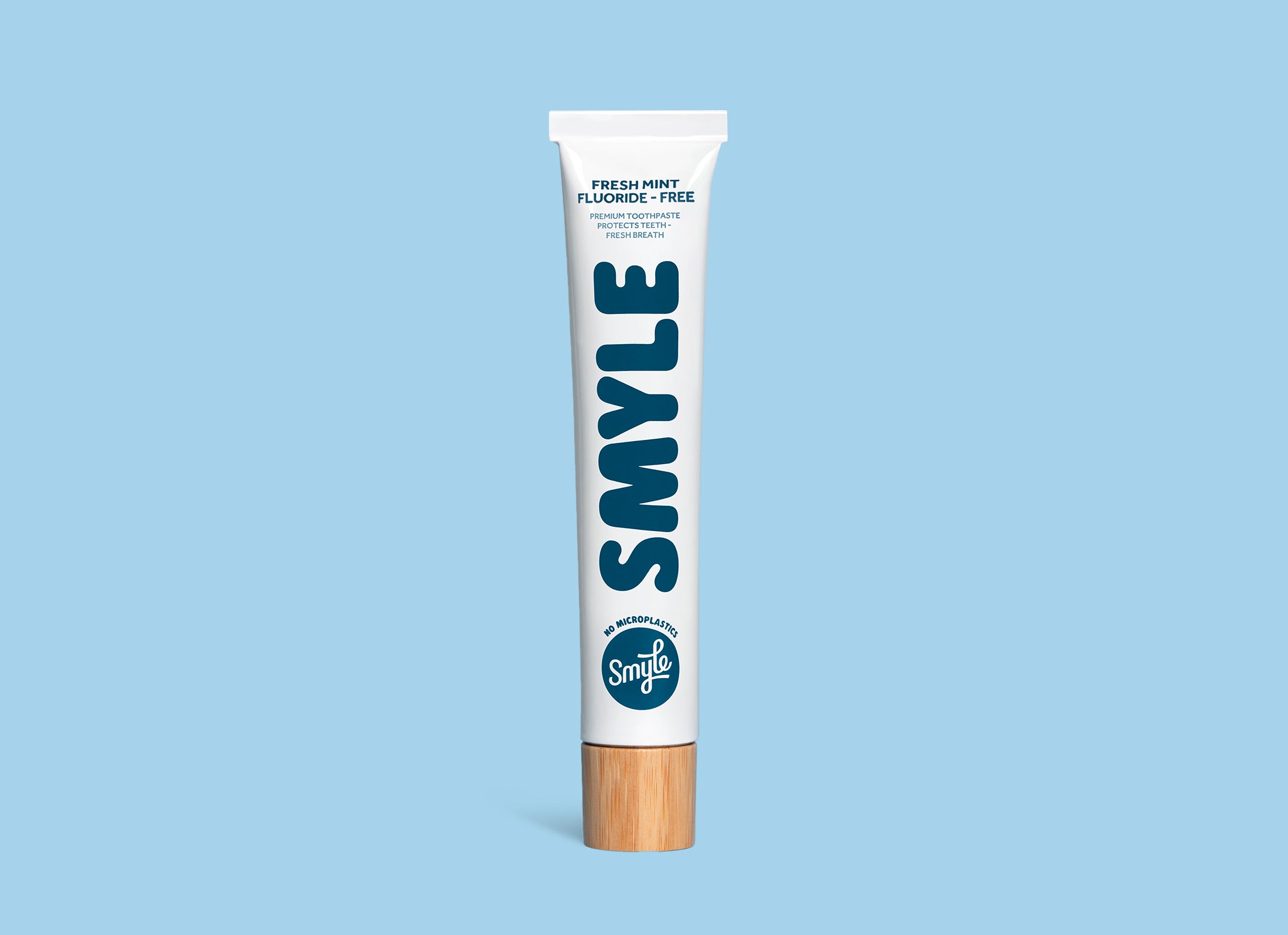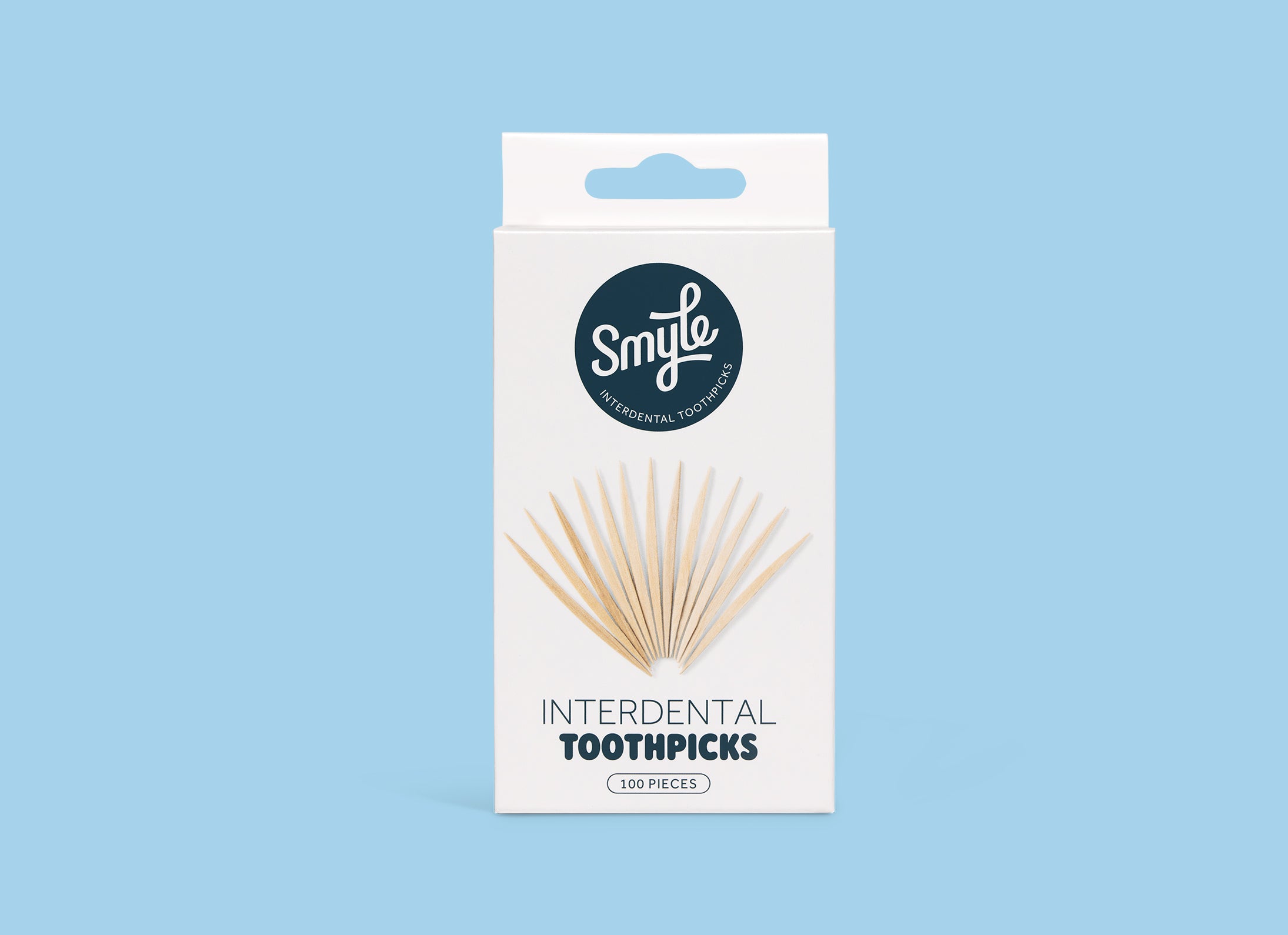
Painful gums are a common issue many people experience, and it can bring significant discomfort. Healthy gums are extremely important for good oral health, as they form the foundation for strong teeth and a healthy, radiant smile. Unfortunately, various factors can lead to painful gums, such as plaque buildup and gum inflammation. But don't worry, we're here to inform you about this issue and how to solve it.
What Causes Painful Gums?
Plaque
Painful gums can be caused by several factors that affect oral health. One of the main causes is the buildup of plaque and tartar around the teeth and gums. Plaque consists of bacteria, food particles, and saliva, and can accumulate if the teeth are not regularly and thoroughly cleaned. If plaque is not quickly and effectively removed, it can develop into tartar, a sticky layer that attaches to the teeth and irritates the gums.
Gingivitis
Gingivitis is another common cause of painful gums. It is a mild form of gum disease that causes inflammation and swelling of the gums. This is usually caused by insufficient oral hygiene, allowing bacteria to multiply and cause irritation. If gingivitis is not treated, it can progress to periodontitis.
Periodontitis
Periodontitis is a more severe form of gum disease that can lead to painful gums and even tooth loss. It usually starts as untreated gingivitis and is accompanied by inflammation and infection of the tissues that support the teeth. Over time, these bacteria and toxins that accumulate in the pockets around the teeth can damage the gum and bone tissue, leading to pain and tooth loss.
Trauma
Lastly, painful gums can also be caused by trauma or injury to the gums. This can happen from accidentally bumping the gums, using too hard of a toothbrush, improper flossing, or eating hard food that can damage the gums. The trauma can lead to inflammation, bleeding, and pain in the gum area.
Understanding these potential causes of painful gums is crucial for taking preventive measures and promoting good oral health. By regularly brushing your teeth, flossing, scheduling professional cleanings, and having regular dental check-ups, you can reduce risks and maintain gum health.
Tips for Preventing Gum Pain
To prevent painful gums, there are several important tips and recommendations you can follow:
Brushing and Flossing
First and foremost, regular brushing and flossing are essential for good oral health. It is strongly recommended to brush twice a day to remove plaque and tartar, which can contribute to gum problems. In addition to frequency, the correct brushing technique is also crucial. Be sure to brush gently with a soft-bristled toothbrush and use small, circular motions to clean all surfaces of your teeth. Additionally, using dental floss or interdental cleaners is necessary to remove plaque and food particles between your teeth, areas that a toothbrush cannot reach effectively.
Mouthwash
Another tip is using mouthwashes that can help maintain healthy gums. There are various types of mouthwashes available, such as antimicrobial mouthwashes, which can help reduce plaque and fight bacteria that can cause gum disease. It's important to follow the instructions on the packaging and use mouthwash after brushing and flossing for optimal results.
Smoking
Smoking also has a significant impact on gum health. It can lead to inflammation, delay healing, and increase the risk of gum disease. Quitting smoking has many benefits for your gums, including reducing inflammation and promoting better blood circulation in the gum tissue.
Regular Dentist Check-ups
Regular dentist visits are also essential in preventing painful gums. The dentist can detect and treat gum diseases in the early stages. Furthermore, professional cleanings and dental examinations ensure that plaque and tartar are thoroughly removed, which helps prevent gum problems and pain.
By brushing and flossing regularly, using mouthwash, quitting smoking, and scheduling regular dentist visits, you can promote your gum health and prevent painful gums. Taking these preventive measures and maintaining good oral hygiene is important for a radiant smile and a healthy mouth. Remember that if you experience persistent or severe gum problems, consulting a dentist is always the best step to get professional advice and treatment. Invest in your oral health and enjoy a life free from painful gums.
Treatment Options for Painful Gums
When you have painful gums, it is advisable to consult a dentist. A dentist is the right person to make an accurate diagnosis and suggest an appropriate treatment. During a dental appointment, the dentist will examine your mouth and identify the cause of the painful gums.
A common treatment option for painful gums is a professional teeth cleaning. During this procedure, the dentist will thoroughly remove plaque and tartar, even from hard-to-reach places. This not only helps alleviate the pain but also restores the health of the gums.
For specific gum diseases, dental procedures may be required. For instance, in cases of advanced gingivitis or periodontitis, the dentist may perform a deep cleaning, also known as scaling and root planing. This procedure cleans deeply beneath the gums and removes bacteria and tartar from the roots of the teeth. In some cases, surgical treatment, such as a flap surgery or bone graft, may be needed to restore gum and bone tissue.
It is important to remember that dental treatments for painful gums should always be combined with improved oral hygiene and preventive care. The dentist will advise you on the appropriate oral care routine and may recommend regular check-ups to maintain the health of your gums.
By consulting a dentist, undergoing a professional teeth cleaning, and, if necessary, undergoing dental procedures, you can explore effective treatment options to relieve painful gums and improve overall oral health. It is important to take these steps to prevent future complications and strive for a healthy and pain-free mouth.
Keep Your Teeth Healthy, Prevent Painful Gums
In conclusion, it is essential to take good care of your gums to prevent painful gum problems. By brushing regularly, flossing, using mouthwash, quitting smoking, and attending regular dentist check-ups, you can keep your gums healthy. Remember, the best treatment starts with prevention. So take action today to protect your gums and enjoy a radiant smile and a healthy mouth!



